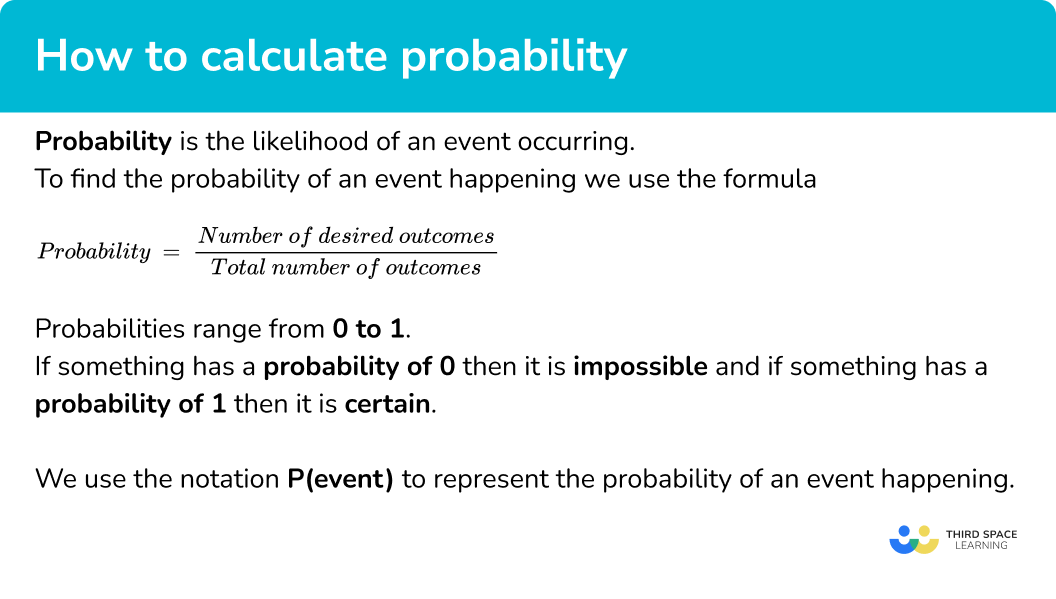
What is Probability?
Probability is the chance of something happening. Probability can be thought of as a measure of how likely something is. Probability is used in many different situations, including gambling, planning, and statistics.
How to Calculate Probability
If you’ve ever flipped a coin, you’re familiar with the concept of probability. Probability is the chance that a particular event will happen. In everyday life, probability is often used to calculate chances of winning at the casino, or predicting the outcome of a sporting event. Probability can also be used in science and mathematics to explore concepts like randomness and chaos. In this article, we’ll show you how to calculate probability using simple examples.
Calculating Probability with the Rules of Probability
We all know that probability is important in our everyday lives. We use it to calculate the likelihood of events happening, and to choose the best course of action. In this article, we’re going to look at how to calculate probability using the rules of probability.
Combining Probabilities
When you’re trying to calculate the probability of something, it’s important to understand how probabilities work. Probability is a mathematical concept that helps us understand the likelihood of something happening. There are three basic types of probabilities: absolute, relative, and chance. Absolute probabilities refer to the fact that an event will happen no matter what. Relative probabilities describe how likely something is compared to other events. Chance is simply a measure of how likely something is to happen, without considering any other factors.
There are a few different ways to calculate probability. The most common way is to use odds. Odds are simply the number of times an event will happen divided by the number of times it could happen. For example, if there are two events and A happens 3 times and B happens 2 times, then the odds of A happening are 3/8 (or 33%). This means that there is a 66% chance that A will happen, even though it only happened 3 times out of 8 possible occurrences.
Another way to calculate probability is to use permutations and combinations. Permutations are all the different ways an event can happen, while combinations are all the different ways two events can happen together. For example,
Calculating Probabilities with Random Variables
In any decision making process, there is always a probability associated with the outcome. In this article, we will explore how to calculate probabilities with random variables. Probability is one of the most important concepts in mathematics, and it can be used in almost all fields of study.
Probability can be described as the chance of an event occurring. For example, if you flip a coin 100 times, the probability of getting at least 50 heads is 50%. Probability is also used to calculate chances of winning a lottery or winning a game of poker. Probabilities can also be used to predict the future, such as understanding whether a company will experience success in the future based on past data.
To calculate probabilities with random variables, we first need to understand what a random variable is. A random variable is a quantity that takes on different values (and hence has a probability) due to chance. Examples of random variables include temperature (which can take on different values), numbers that are randomly selected (such as the roll of a die), and words in a dictionary (which can have different meanings).
Now that we have defined what a random variable is, we need to identify some properties that all random variables must
Conclusion
Probability is a key concept in statistics and probability theory. It plays an important role in understanding the behavior of random events, as well as in making decisions under uncertainty. In this article, we will explore the basics of probability, including definitions and examples. We will also look at how to calculate probabilities using basic mathematical functions. Finally, we will discuss some common problems that can occur when working with probabilities, and provide solutions. I hope you have found this article on probability helpful!


